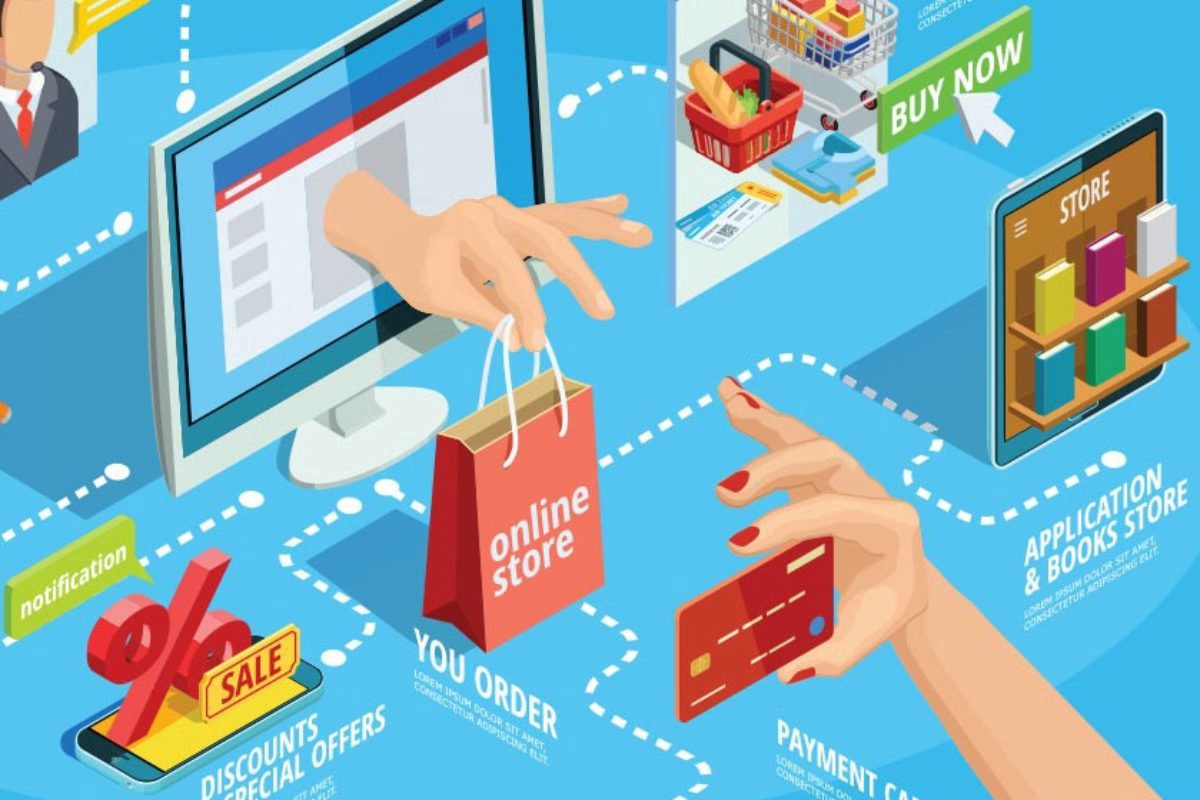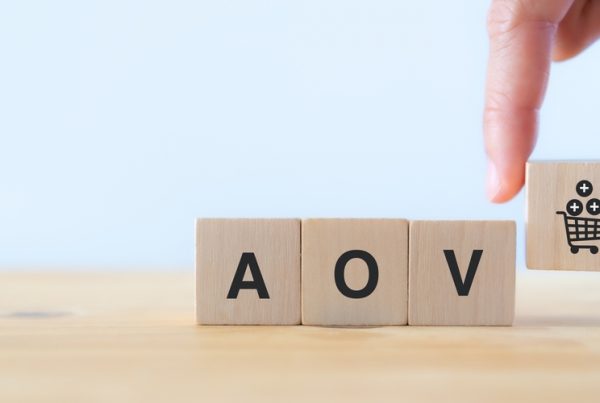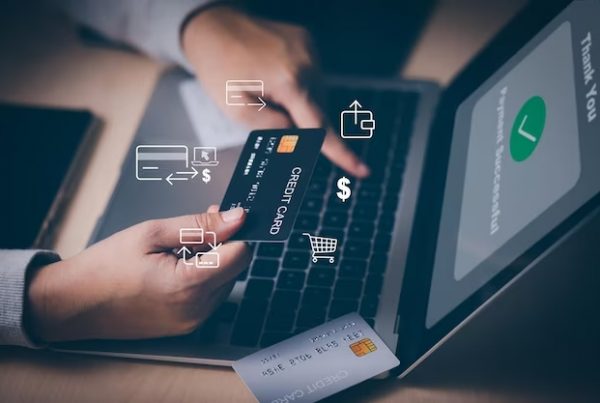With physical stores and other retail outlets facing a serious hit, due to the current events around the world, the viability of Electronic Commerce or E-Commerce has come under scrutiny. This is a path that has been sought by many over the years but was looked at with an apprehensive eye, especially by smaller retailers. But right now the only ones who can help put businesses back on their feet is an E-Commerce Development Company.
Types of E-Commerce business
Whenever you employ an E-Commerce Development Company, you need to be very clear about what type of E-Commerce you would come under. This clarification is vital to develop the best strategies and reach the correct demographic.
B2B: The Business to Business model is two are more businesses exchanging services or goods.
E.g: If you are a company that manufactures Glass sheets, you could partner with a company that makes Window frames.
B2C: The Business to Consumer Model is a business that caters to the requirements of the end-users directly.
E.g: If you manufacture or retail in clothes, which are directly sold through your own outlets.
C2C: The Consumer to Consumer Model, works where the End users directly interact with each other to exchange or sell products.
E.G: Sites like OLX where individuals can themselves post their goods, with you acting as the host for the exchange.
C2B: The Consumer to Business model, is the versa to the vice of B2C models. This is a loose term for individuals who provide supportive services to organisations.
E.g: If you are an individual who can provide hardware service for an organisation.
Projected Scope of E-Commerce
The E-Commerce industry is expected to achieve 200bn USD, by the end of 2027, in India alone. That’s right! 200Billion. This projection is supported by the internet penetration of 687.6 Million users. The E-Commerce penetration is estimated to be 74%, which is facilitated by Government policies like 100% FDI allowance for B2B E-Commerce. Just in 2019, E-Commerce companies in India have received 4.32 Billion USD in private equity and venture capital.
These staggering figures should be enough to convince you that E-Commerce is the future of commerce worldwide. Businesses everywhere are warming up to the partnership with E-Commerce development companies to hone their online presence and build a user-friendly interface. E-Commerce Website Design in India is actually one of the most sought after services these days.
https://www.ibef.org/industry/ecommerce.aspx
https://www.statista.com/topics/2454/e-commerce-in-india/
Tipping Points to Choose E-Commerce model
E-Commerce comes with a lot of financial and operational benefits that outweigh the initial set up costs.
It removes geographical barriers. Operating from a single location, E-Commerce allows you to garner international attention. Your services and products are availed, all over the world, at the click of a button.
Reduced Operational costs involving only logistics, while physical expansion burdens you with the resource, real estate, and the consequent operational costing.
It enables a convenient shopping experience. This is starkly evident in the lockdown, as anyone stepping out runs the risk of infection. This is perhaps the perfect timing to build your brand online.
Variety of payment options, increasing the spending capacity, and affordability of consumers.
While earlier your revenue was dependent on your operating hours, with an E-Commerce platform, your consumers can now reach you 24×7, reducing the time they would spend on getting ready, commuting, etc. It also enables them to shop at their leisure.
The E-Commerce platform will eliminate the Middle Men operating system, where a good share of the profits would be lost in these exchanges. Now the entirety of the profits comes to your business, allowing you to offer attractive discounts, to gain customers.
The Government has started offering various subsidies and finance options like Foreign investment for the development of E-Commerce.
The pros of developing an E-Commerce platform for your business are more than your reservations could be. Opendesigns is one of the best E-Commerce Development companies in India. For a brief consultation, leave us a message with the Comment feature below or by clicking on the <Envelope icon> at the top right of the page.








